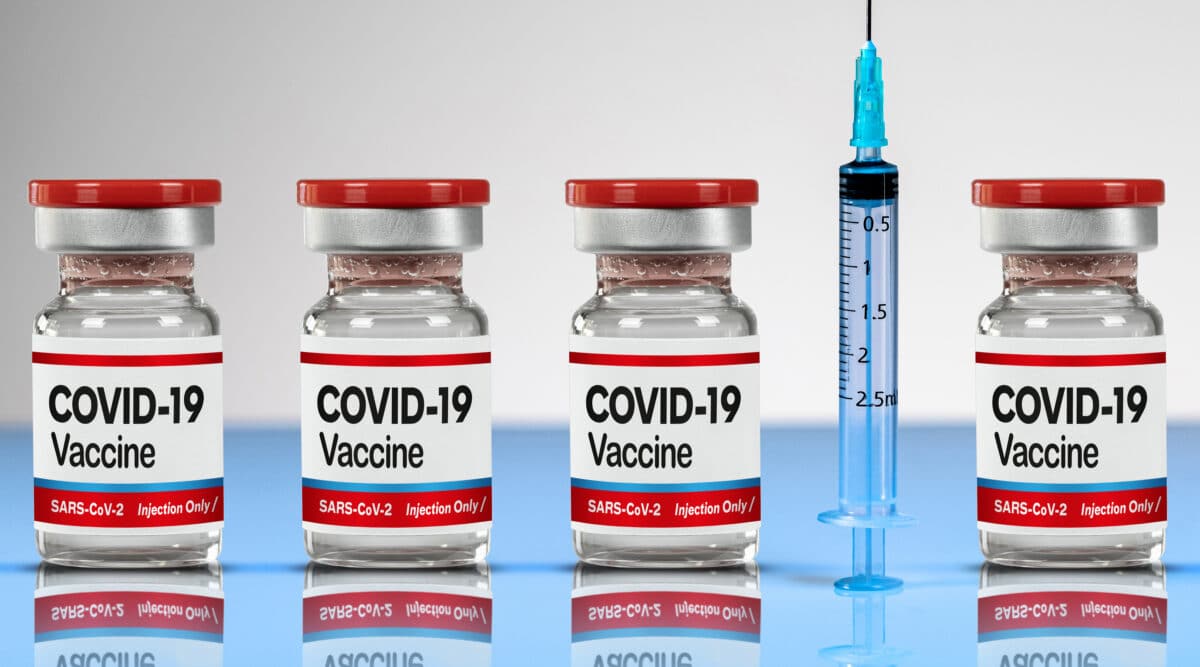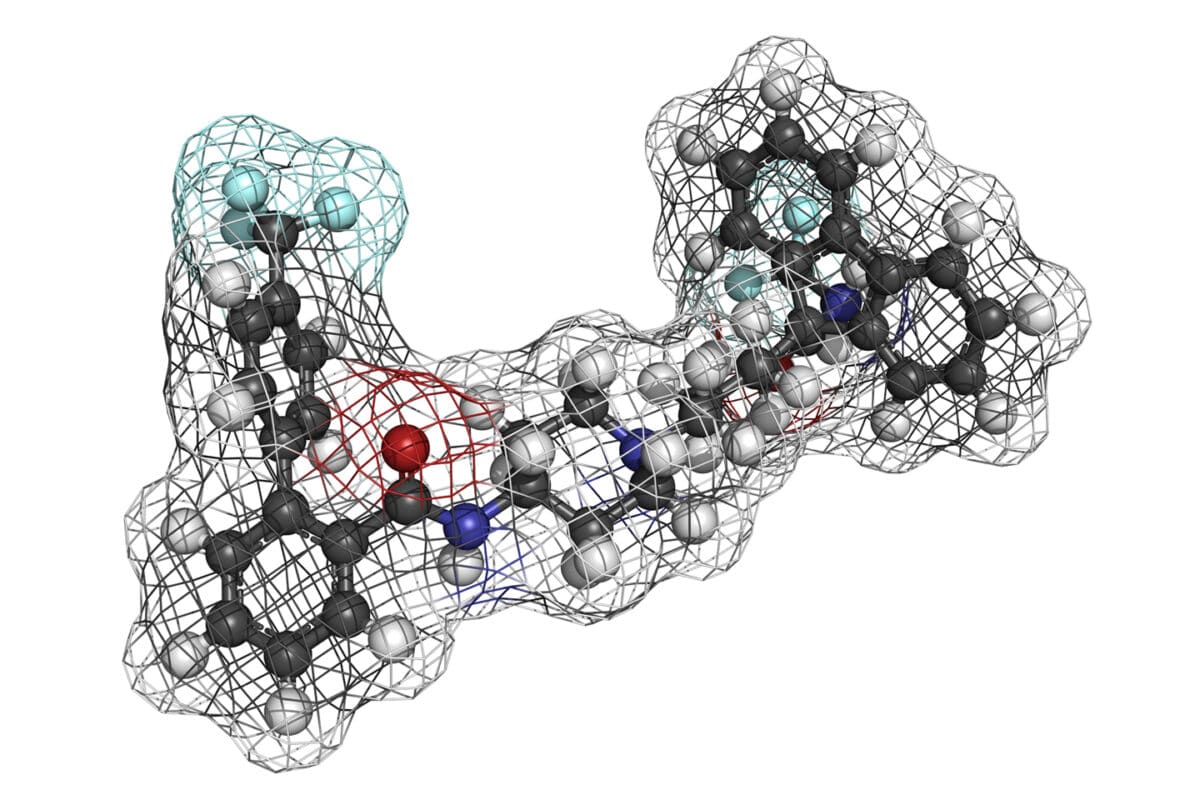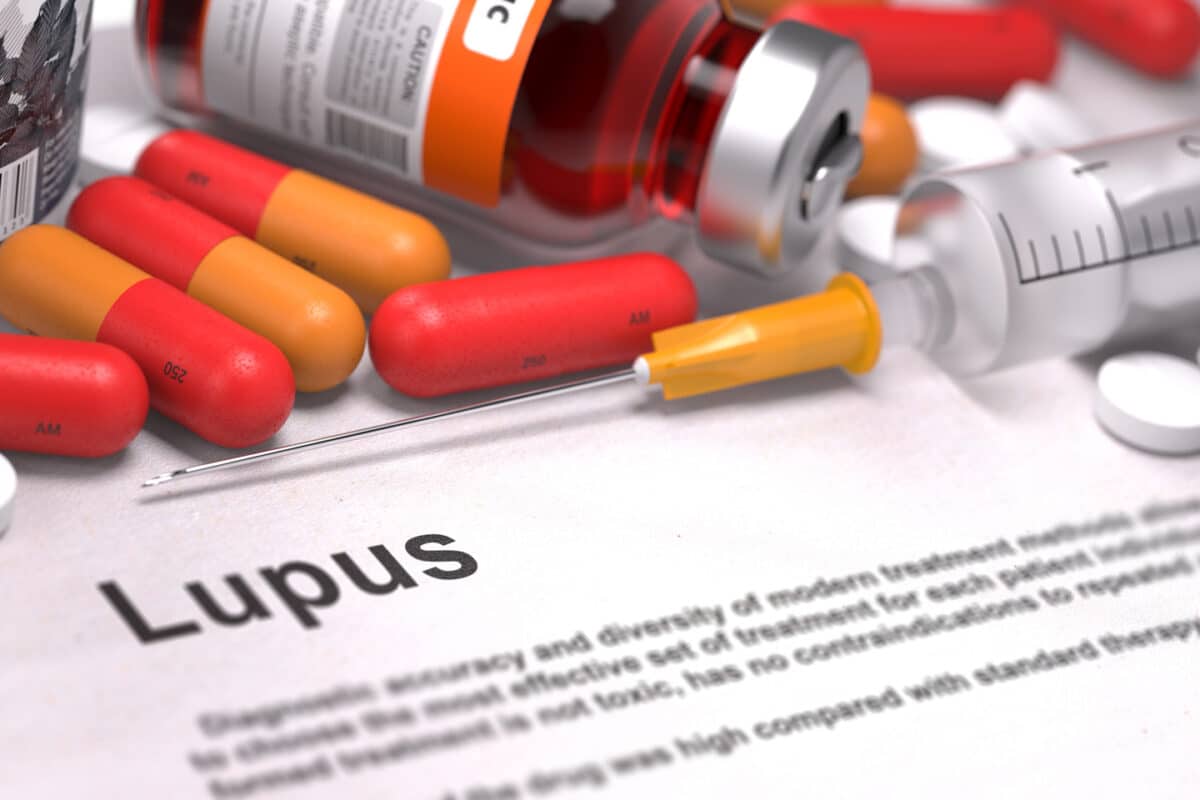Earlier this month the FDA approved another infused specialty therapy, Cosela (trilaciclib) from G1 Therapeutics. It is the first therapy in its class to reduce the frequency of chemotherapy-induced bone marrow suppression in adults receiving certain types of chemotherapy for extensive-stage small cell lung cancer (when the cancer has spread beyond the lungs).
Cosela is to be used as a protective agent against bone marrow loss among adults before chemotherapy regimens that contain a platinum agent/etoposide or topotecan for extensive-stage small cell lung cancer. Previous treatments that address bone marrow injury have only attempted to remedy it after the fact.
The American Cancer Society estimates for all types of lung cancer in the United States for 2021 are:
~235,000 new cases of lung cancer (119,100 in men and 116,660 in women)
~131,000 deaths from lung cancer (69,410 in men and 62,470 in women)
Small Cell Lung Cancer represents ~20%+ of new cases or ~50,000 new cases annually
Cosela will hit the market at a wholesale acquisition cost of $1,471 per vial, and a full treatment will cost about $34,000 per patient on average.
Distribution details were not released by G1 Therapeutics. Given the fairly large eligible patient population and ‘relatively’ low price, it is unlikely that this new specialty therapy will be handled through specialty pharmacy distribution.
FDA Approves Drug to Reduce Bone Marrow Suppression Caused by Chemotherapy
Drug Is Given Before Chemotherapy to Protect Bone Marrow Function
February 12, 2021 — Today, the U.S. Food and Drug Administration approved Cosela (trilaciclib) to reduce the frequency of chemotherapy-induced bone marrow suppression in adults receiving chemotherapy for extensive-stage small cell lung cancer. Cosela may help protect bone marrow cells from damage caused by chemotherapy by inhibiting cyclin- dependent kinase 4/6, a type of enzyme.
“For patients with extensive-stage small cell lung cancer, protecting bone marrow function may help make their chemotherapy safer and allow them to complete their course of treatment on time and according to plan,” said Albert Deisseroth, M.D., Ph.D., supervisory medical officer in the Division of Non-Malignant Hematology in the FDA’s Center for Drug Evaluation and Research. “Today’s approval of Cosela will give patients a treatment option that can reduce the occurrence of a common, harmful side effect of chemotherapy.”
Chemotherapy drugs are designed to kill cancer cells but can damage normal tissues as well. The bone marrow is particularly susceptible to chemotherapy damage. The bone marrow makes red blood cells, white blood cells, and platelets (small fragments in the blood) that transport oxygen, fight infection, and stop bleeding.
The effectiveness of Cosela was evaluated in three randomized, double-blind, placebo-controlled studies in patients with extensive-stage small cell lung cancer. Combined, these studies randomly assigned 245 patients to receive either an infusion of Cosela in their veins or a placebo before chemotherapy. The studies then compared the two groups for the proportion of patients with severe neutropenia (a very low count of white blood cells called neutrophils) and the duration of severe neutropenia in the first cycle of chemotherapy. In all three studies, patients who received Cosela had a lower chance of having severe neutropenia compared to patients who received a placebo. Among those who had severe neutropenia, patients who received Cosela, on average, had it for a shorter time than patients who received a placebo.
The most common side effects of Cosela include fatigue; low levels of calcium, potassium and phosphate; increased levels of an enzyme called aspartate aminotransferase; headache; and infection in the lungs (pneumonia).
Patients should also be advised about injection site reactions, acute drug hypersensitivity, interstitial lung disease/pneumonitis (lung tissue inflammation) and embryo-fetal toxicity.
Cosela received FDA Priority Review and Breakthrough Therapy designations for the indication noted above.
The FDA granted the approval of Cosela to G1 Therapeutics, Inc.









